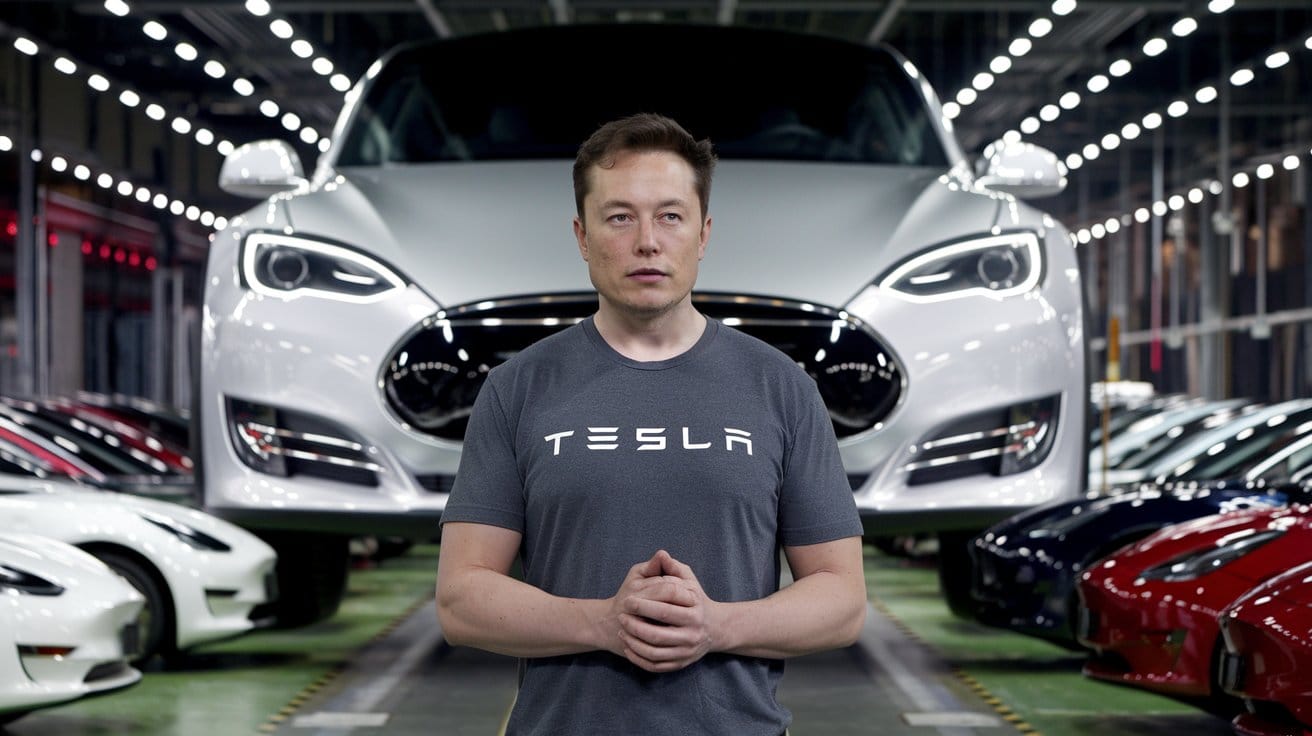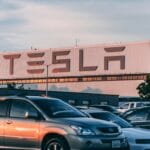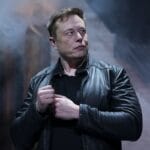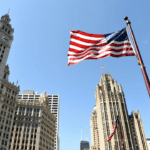In the world of business, most CEOs understand that part of their role involves representing the public face of their companies. They’re expected to maintain a certain level of decorum, particularly in public forums, as their words and actions reflect on the entire organization.
On this page
However, Elon Musk, the wealthiest person in the world and CEO of multiple influential companies, continues to defy these expectations without facing significant repercussions.
On Monday, Musk found himself at the center of yet another controversy after making a public statement referencing two Nazi figures while mocking modern gender pronouns in a tweet. The comment followed an article from Der Spiegel comparing Musk to a media mogul who had connections to Hitler’s rise to power.
While many found Musk’s attempt at humor offensive, this wasn’t his first time making inflammatory statements about sensitive historical topics.
In fact, Musk has made headlines several times over the past months for promoting or endorsing controversial views, including an interview with a Nazi apologist that garnered widespread criticism. Although Musk later deleted his post supporting the interview, it was an unusual step for him.
He typically stands by his posts, even when they spark significant backlash, as seen in previous cases where he has reposted questionable opinions, such as antisemitic conspiracy theories or derogatory comments about women’s intelligence.
This raises the question: why hasn’t Musk faced the same consequences as other CEOs? In many industries, such public behavior would likely result in serious actions—perhaps even dismissal. In 2018, a PwC study revealed that more CEOs were ousted due to ethical lapses than for poor financial performance.
But Musk, despite these controversies, continues to lead Tesla, SpaceX, and X (formerly Twitter) with seemingly little consequence.
Why Musk Remains Unchallenged
One of the reasons Musk remains secure in his position is the unique structure of his wealth and the governance of his companies. At Tesla, for example, Musk is the largest individual shareholder, followed closely by his brother Kimbal Musk, who also sits on the board.
The board itself has been criticized for its lack of independence, with a Delaware judge in 2023 noting that the board members are mostly Musk allies. This lack of outside oversight makes it unlikely that anyone within Tesla’s leadership would take action against Musk, even when his behavior stirs controversy.
Moreover, Musk’s influence at SpaceX, a private company, allows him even more freedom. As SpaceX holds a dominant position in the market, facing minimal competition for space contracts, Musk’s leadership there is similarly uncontested.
NASA, one of SpaceX’s primary partners, continues to work closely with the company, further solidifying Musk’s hold.
Yet, despite this insulation from internal pressures, external forces are beginning to express concern. Investors and market analysts have noted that Musk’s increasingly political and divisive rhetoric could negatively impact Tesla’s brand and sales, especially in the U.S.
Dan Ives, a managing director at Wedbush Securities, has pointed out that the alignment between Musk and certain political movements, including comparisons to Donald Trump’s divisive rhetoric, is unsettling to some Tesla investors.
This could become a topic of interest during upcoming financial discussions, particularly as the company addresses demand challenges.
The Power of Wealth
Musk’s wealth also grants him significant power to counteract any challenges that arise. Litigation is a key tool in his playbook. Musk and his companies have filed numerous lawsuits in recent months, targeting groups ranging from competitors to watchdog organizations. This legal offensive often silences critics or discourages further challenges to his authority.
For instance, when advertisers began to pull out from X following Musk’s controversial posts, he responded by suing a nonprofit ad group. This is just one example of how Musk uses his resources to protect his companies and his own public persona, even in the face of significant criticism.
Despite the numerous controversies surrounding Elon Musk, he remains firmly in control of his companies. His wealth, strategic company structures, and legal influence create a shield that insulates him from the consequences most CEOs would face for similar actions.
While some investors and stakeholders are beginning to voice concerns over the potential impact of his rhetoric, Musk continues to enjoy an unusual degree of freedom in both his business ventures and public statements. For now, it seems, Musk’s position as one of the world’s most powerful business figures remains secure.













